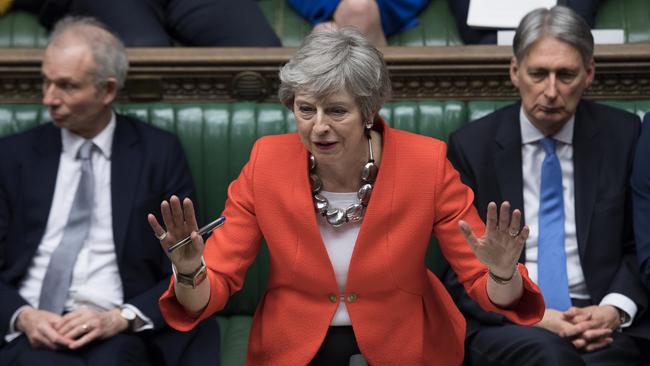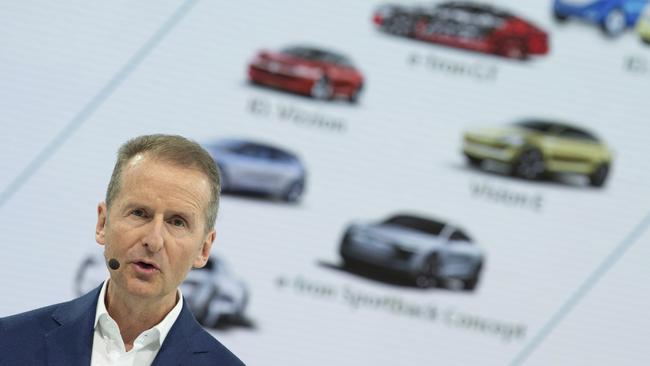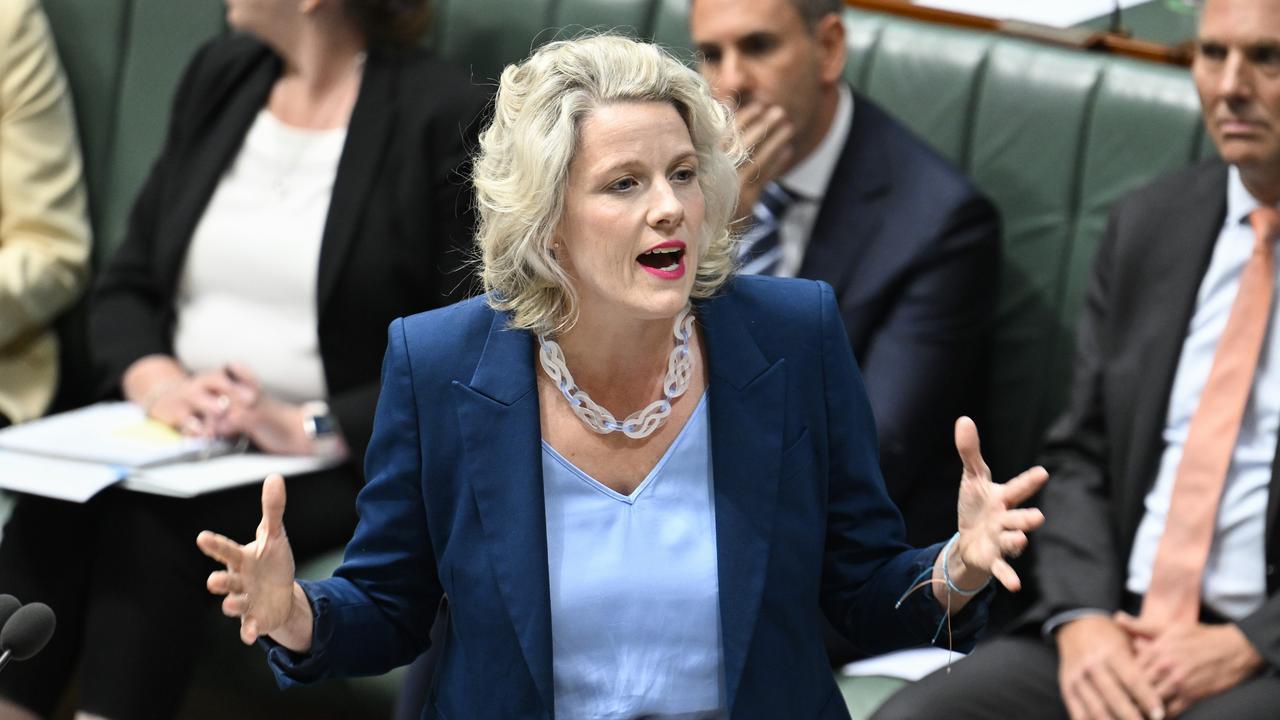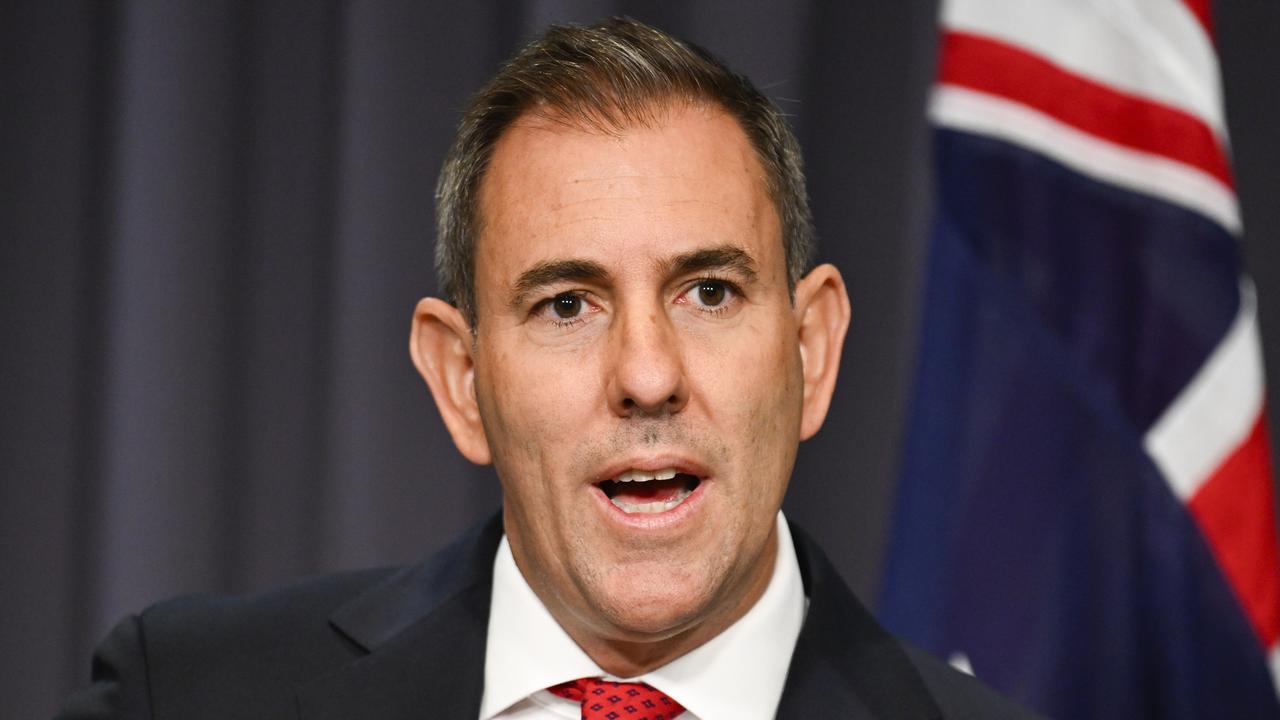Brexit vote prolongs corporate uncertainty
For business, Britain’s latest Brexit vote prolongs uncertainty that has exasperated executives for months.

For businesses, British MPs rejection of a proposed deal on the terms of the UK’s exit from the European Union prolongs uncertainty that has exasperated executives for months.
Companies have girded for a messy divorce for much of the past year, spending millions of dollars stockpiling goods, adjusting for different regulations and working to mitigate potential disruption at the border in the event the UK leaves the EU without agreeing ongoing trade arrangements.
Parliament’s rejection of proposed divorce terms keeps alive the prospect of a no-deal British exit and opens the door to a potential delay to Britain’s planned exit on March 29. That in turn could lead to Britain’s approach to Brexit being altered, or cancelled.
“Enough is enough,” said Carolyn Fairbairn, director-general of the Confederation of British Industry, a business lobby group. “A new approach is needed by all parties. Jobs and livelihoods depend on it.”
The CBI, which had urged politicians to accept Prime Minister Theresa May’s withdrawal agreement, now wants a short extension to divorce proceedings to avoid a March no-deal Brexit, which it says is already crippling businesses.
The auto industry has been among the most vocal sector, with car makers particularly reliant on frictionless movement of goods between the UK and the rest of Europe.
Ahead of this morning’s vote, Ford Motor appealed once again to politicians to do everything necessary to prevent a no-deal scenario. Ford says such an outcome, and the resulting border friction, deteriorating economic outlook, sterling devaluation and introduction of tariffs would “severely impact” its operations in the UK and across Europe. It said those factors could result in a hit of up to $US1 billion this year.
Volkswagen AG’s chief said a disorderly Brexit would have a huge impact on several of the company’s brands, although he ultimately expects a solution to be found.
“We would certainly feel it; the UK is an important trading partner, especially in the automotive industry,” said Herbert Diess, Volkswagen’s CEO. “We would feel this through the entire economy.”

Volkswagen’s Porsche business recently warned customers who have ordered cars that the final price tag could be much higher if their vehicle arrives after the UK leaves the EU because of possible tariffs if Britain fails to seal a deal.
Many companies say they are proceeding with their Brexit plans, regardless of political twists and turns.
BMW and Honda both plan to idle UK plants in April, adjusting annual maintenance to fall just after the UK’s scheduled exit date. Their concern: getting parts into Britain could be difficult and disrupts production. However, those moves could now prove ill-timed if Brexit is delayed.
BMW says it’s too late to make changes to its maintenance plans and that it won’t make any other changes to its Brexit preparations, which also include reserving space on a freight plane to fly parts into the UK. Honda also says it hasn’t changed plans to idle production for six days in April.
Aston Martin Lagonda Global Holdings has already booked alternative supply routes to avoid any potential disruption at the French port of Calais. The luxury car maker has also already stockpiled parts that it is holding until there is clarity.
“You can’t work it out any earlier. So, you’re still waiting, however many weeks, days, months,” said Andy Palmer, the company’s CEO, adding that recent confusion has made things tougher. “You’re just delaying that date and therefore making it harder to work the additional inventory off your balance sheet.”
Drugmakers have also detailed the financial burden of Brexit on their operations. Pfizer has said it would likely spend $US100 million in Brexit-related costs between 2018 and 2021, while GlaxoSmithKline expects to spend up to £70 million ($US93 million). Costs include setting up duplicate operations in the EU for quality testing, stockpiling medicines and updating paperwork relating to drug regulations.
Others executives have bemoaned the amount of time contingency planning has taken up.
“What dwarfs the financial spend is the management time we’ve spent on it, thinking through every aspect of it,” said Marc Dench, finance chief of Joules Group, a British clothing company.
Joules has brought forward deliveries from suppliers in Asia by three weeks and leased a new warehouse in Holland so it can bypass the UK when supplying European wholesalers. The retailer feared its clothing could get held up if it stuck to its usual delivery plans. Joules has also extended currency hedges against the US dollar from 12 months to 18 months.
Some businesses are even continuing to build new infrastructure despite the uncertainty.
Getlink, which operates the Eurotunnel rail service linking France and England, is building extra booths for customs and immigration officials in case they are needed to inspect goods passing through.
In France, it’s also building a facility that can accommodate 100 trucks to allow for extra inspections of items such as high risk animal products. Such items may need to be tested in the event of a no-deal Brexit.
“Absent clarity we don’t know what is required so we will continue to plan for the worst,” a Getlink spokesman said.
With Denise Roland
Dow Jones Newswires


